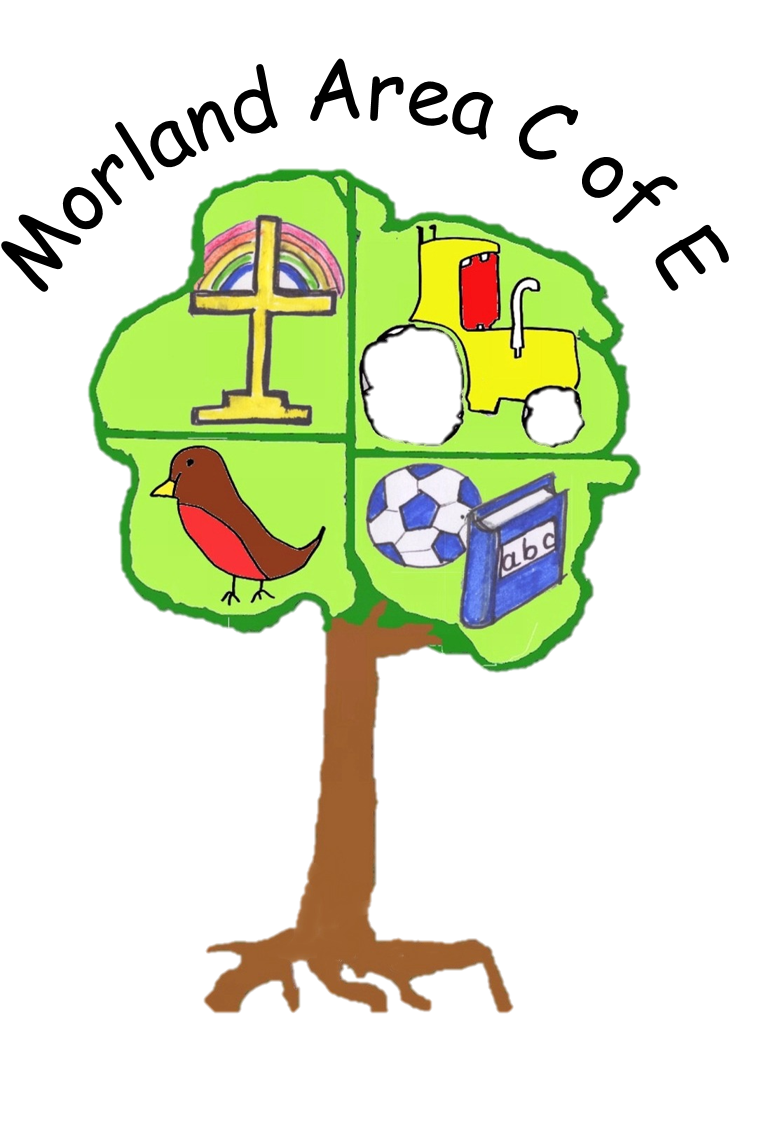French
Intent, Implementation and Impact of our MFL curriculum at Morland Primary School
‘Learning a foreign language is a liberation from insularity and provides an opening to other cultures. A high-quality languages education should foster pupils’ curiosity and deepen their understanding of the world. The teaching should enable pupils to express their ideas and thoughts in another language and to understand and respond to its speakers, both in speech and in writing. It should also provide opportunities for them to communicate for practical purposes, learn new ways of thinking and read great literature in the original language. Language teaching should provide the foundation for learning further languages, equipping pupils to study and work in other countries.’
-The National Curriculum in England: Key stages 1 and 2 Framework Document. September 2013
Intent
At Morland Primary School, the intention of our MFL curriculum is to develop an interest in and thirst for learning another language. We aim to introduce the French language and the understanding of its culture in enjoyable and stimulating ways. To promote an active learning, a range of teaching methods are implemented to ensure that the children are developing their linguistic skills through listening, speaking, reading and writing. The linguistic skills gained will assist and lay foundations for further language learning. It will provide pupils with the confidence and independence to explore and be able to attempt manipulation of the structure of language and will give the children a new and broader perspective on the world, encouraging them to understand their own cultures and those of others.
Implementation
Pupils in KS2 are taught French for 1 timetabled hour per week by a specialist subject teacher and Class 2 (years 1 & 2) for 20 minutes a week. Our school follows the Primary Languages Network scheme of work. It is a live scheme which is continually updated and revised in order to meet with current curriculum standards. Alongside the planning provided, the network and subject teacher also enrich this through accompanying power points, pod casts (spoken by native speakers) links to authentic literature, songs, games, culture points of reference, links to appropriate websites. In order to promote an active learning of languages, a range of teaching methods are implemented to ensure that the children are developing their linguistic skills through listening, speaking, reading and writing. Activities can consist of actions, rhymes, stories, song, drama, grammar focus, video clips, air writing, sentence structure, dictionary work, book making and many more creative ways to extend, embed and combine language skills.
Impact
Progress and attainment is assessed informally at the end of each topic where all 4 skill areas will be assessed. Assessment is based on the Assessment Benchmarks (working towards/emerging, meeting, exceeding). These are recorded by the subject teacher and made available to the school. Pupils are also able to track and assess their own achievement through their ‘Assessment Record Clouds’ held in their French books.
